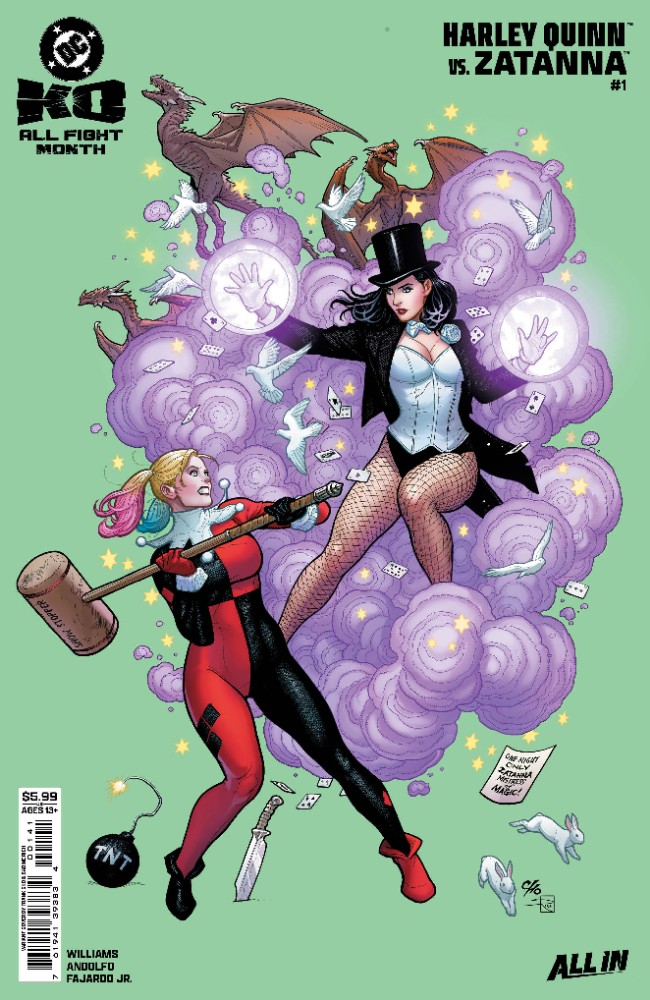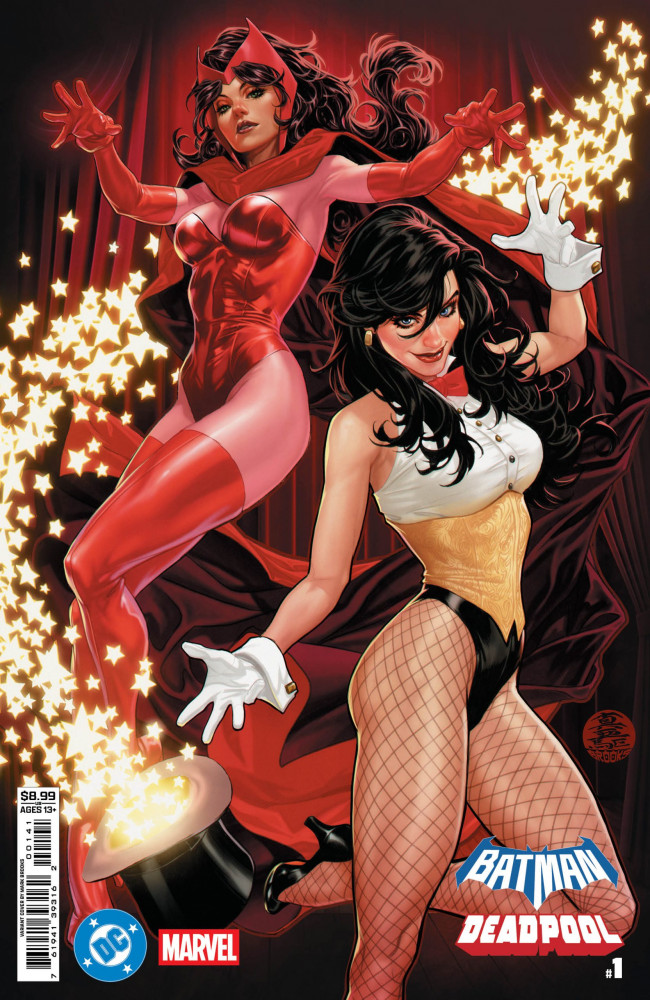Short Box: Dr. Werthless: The Man Who Studied Murder
Dr. Werthless: The Man Who Studied Murder HC

| Release: | Jul 02, 2025 |

Creators
| Writer | Harold Schechter |
| Artist | Eric Powell |
For a lot of comic readers, the dastardliest villain is not Dr. Doom, it’s Dr. Wertham.
I can’t remember a time when I wasn’t aware of Dr. Frederic Wertham, the psychiatrist whose crusade against comic books nearly destroyed the industry long before I was even born. Obviously, there has to be a time before I did, and I most likely read about him and his seminal work, Seduction of the Innocent, at some point well into my history as a comics reader.
But it feels like I always knew about him, somehow, as if his existence was a kind of tribal knowledge, an instinctive understanding of whose dark shadow loomed over every comic I read.
Eventually, I learned more about him and the full impact his crusade had on the industry and the development of comics as an art form, as well as some of the other parts of his life that didn’t involve comics, such as the pivotal role he played in the Civil Rights Movement.
Still, while I had at least some understanding of the good he had done, I was never able to see him as anything more than a villain. And while reading Dr. Werthless has given me a more nuanced understanding of the man and his motivations, and yes, the unambiguous good he did in his life…yeah, I still see him as a villain.
But unlike the man himself, I retain that view after actually taking the time to consider a different perspective, which is something this book makes very clear is something Wertham was fundamentally incapable of doing. It was one of the man’s defining traits.
While his work trying to convince the world that comic books – and indeed, any work seen by children containing depictions of violence, sexuality, or depravity – was the cause of all manner of societal ills is a primary focus, Dr. Werthless focuses on the work and experiences with some of the absolute worst that humanity has to offer and how that shaped his misguided yet well-intended views.
The book has a clear bias against Wertham’s crusade against comics – it is one of those dreadful comic books after all – and the methods by which he drew his conclusions, but it’s well-researched and ultimately sympathetic to the man, despite what the book’s title might suggest.
The title comes from a satirical send-up of Wertham that appeared in an issue of MAD, a publication that shifted away from being a comic book to being a magazine in order to avoid the strictures of the Comics Code Authority the comics industry imposed on itself in response to the anti-comic sentiment drummed up by Wertham.
While that story was from Wally Wood, Powell’s art – pencils with an inkwash -brings to my mind the MAD work of Jack Davis, particularly with the approach to caricature.
As I said, this didn’t actually change my mind about Wertham, but it did help me understand him a little better and also served as a potent reminder of how today’s moral panics are just repackaged versions of yesterday’s. A theme made clear by the prologue, which jumps back a bit before Wertham’s time to a panic over the corrupting influence of the lurid “dime novels” of the day.
If you’re a comics fan with an interest in the history of our beloved art form’s stunted development, or a fan of true crime, or both, I highly recommend checking thing one out.

Born and raised in the sparsely populated Upper Peninsula of Michigan, Jon Maki developed an enduring love for comics at an early age.


